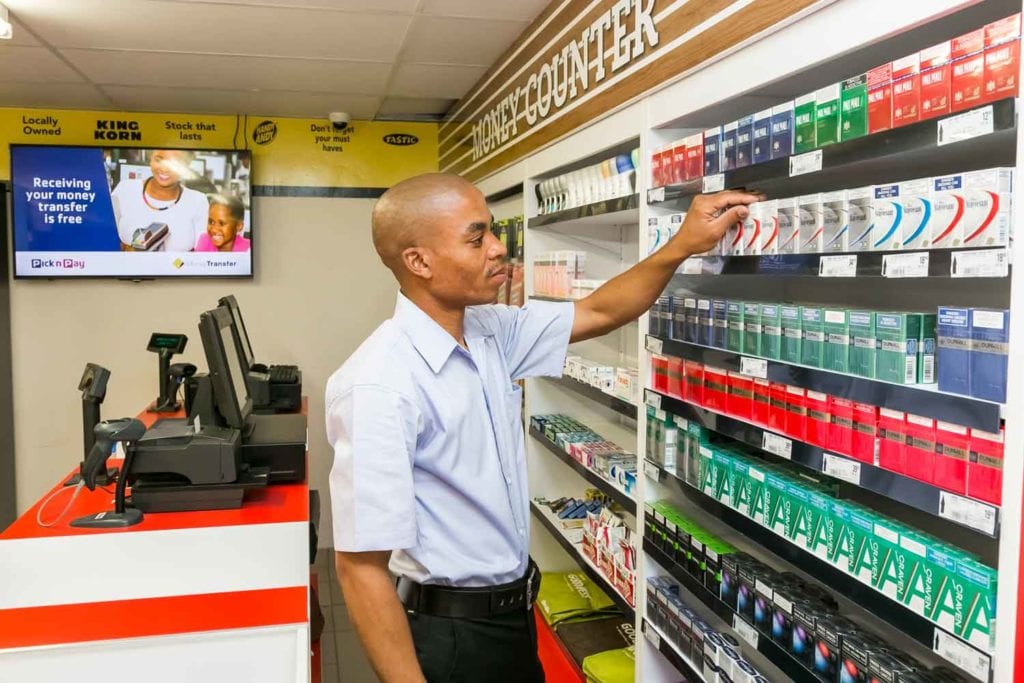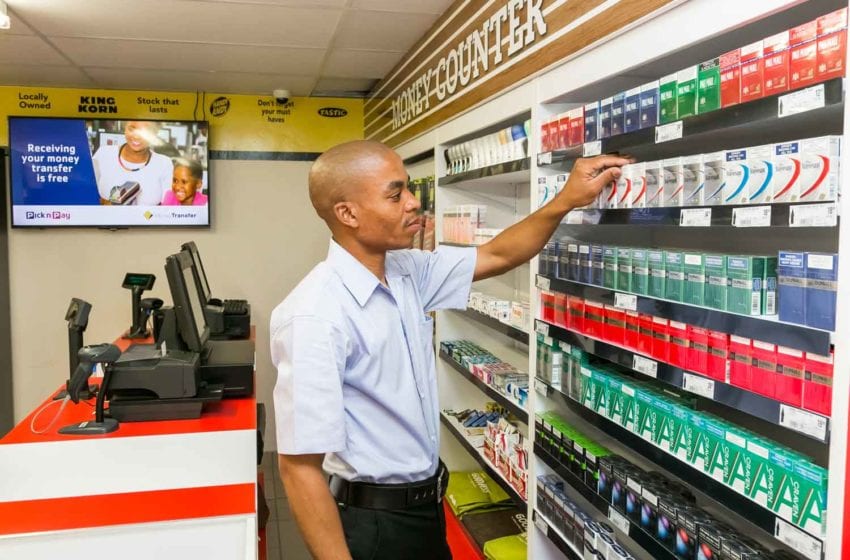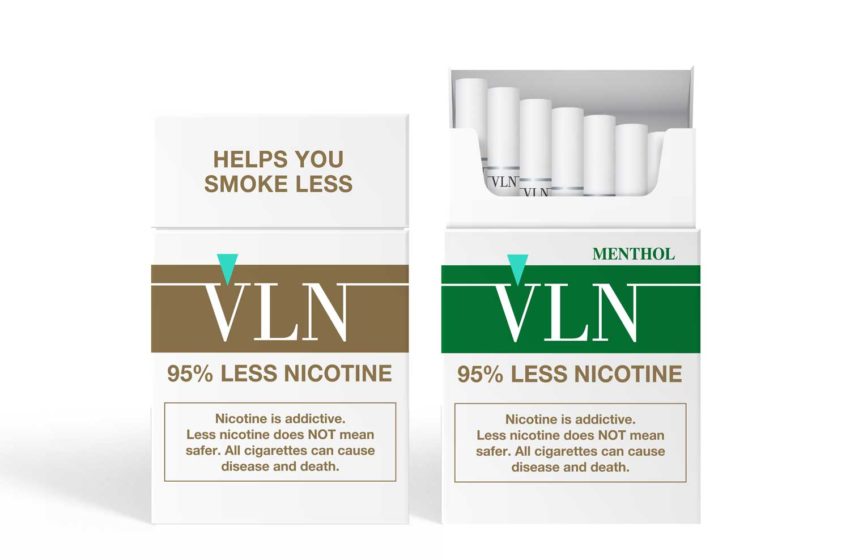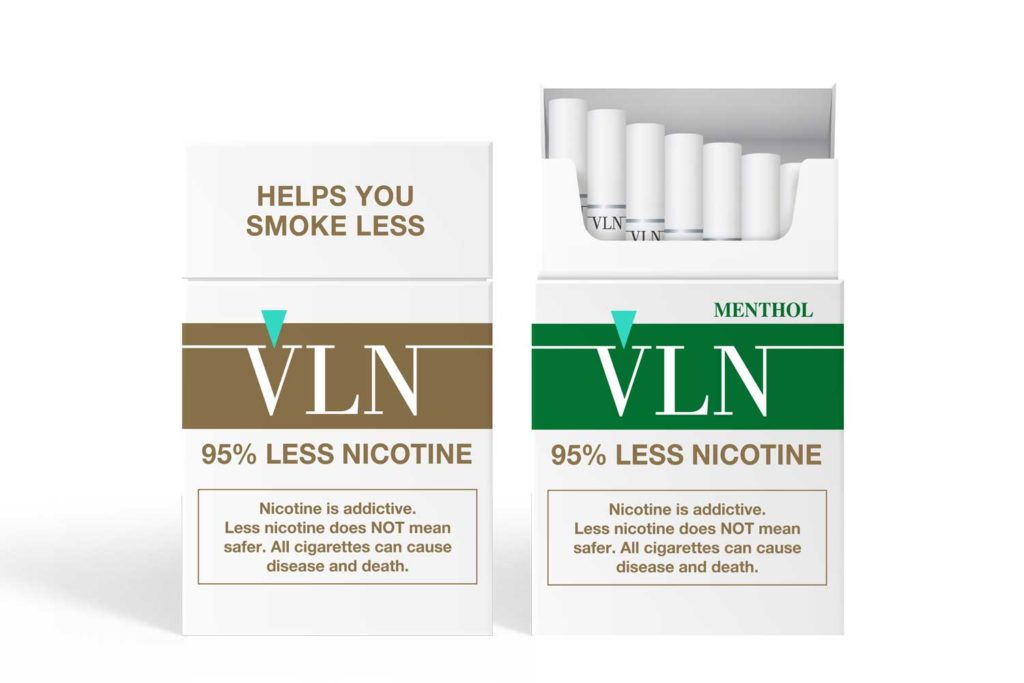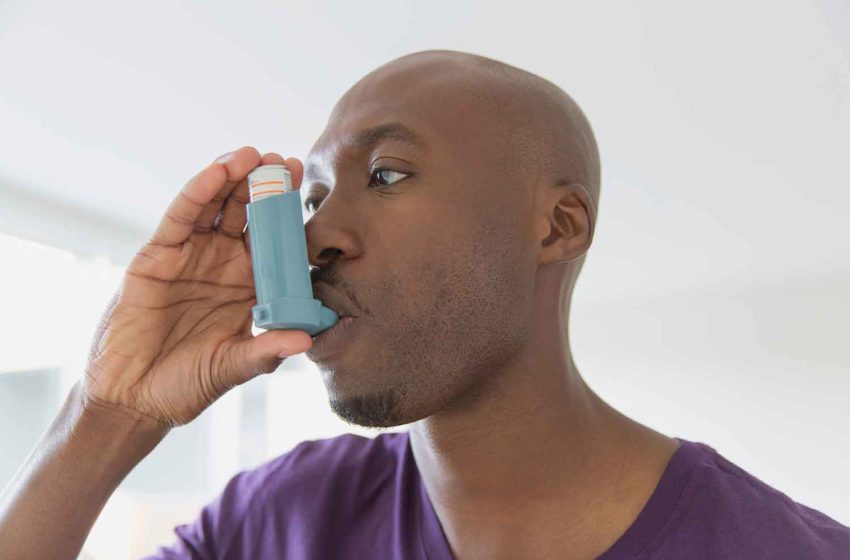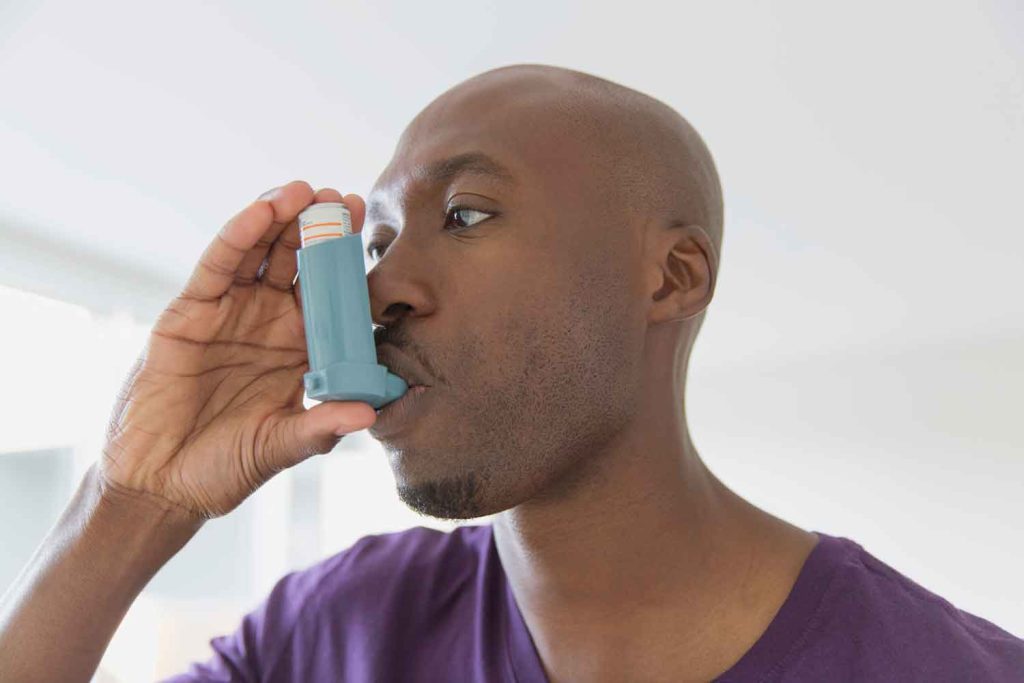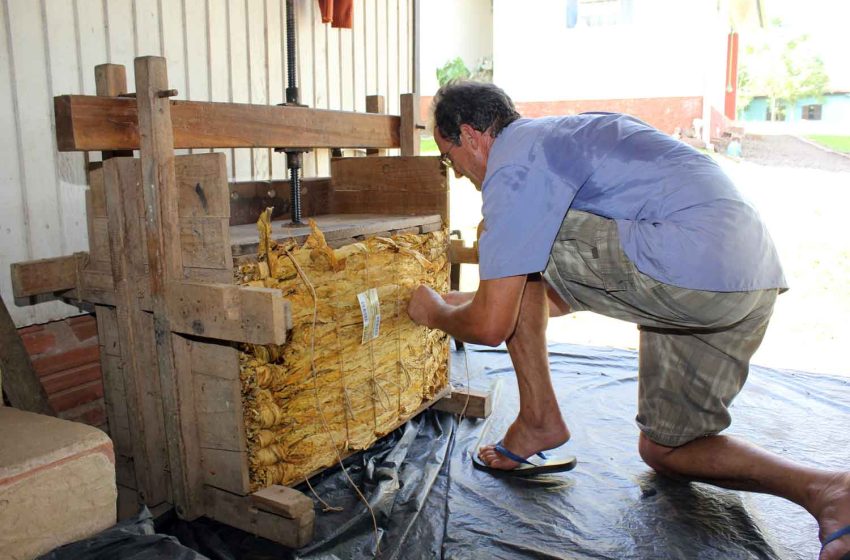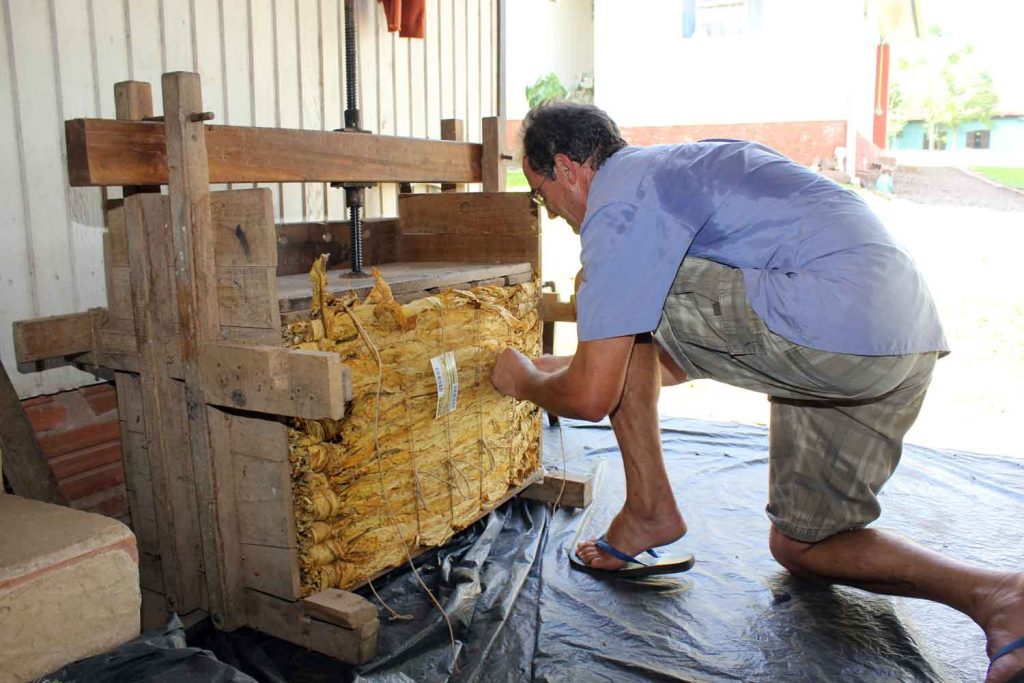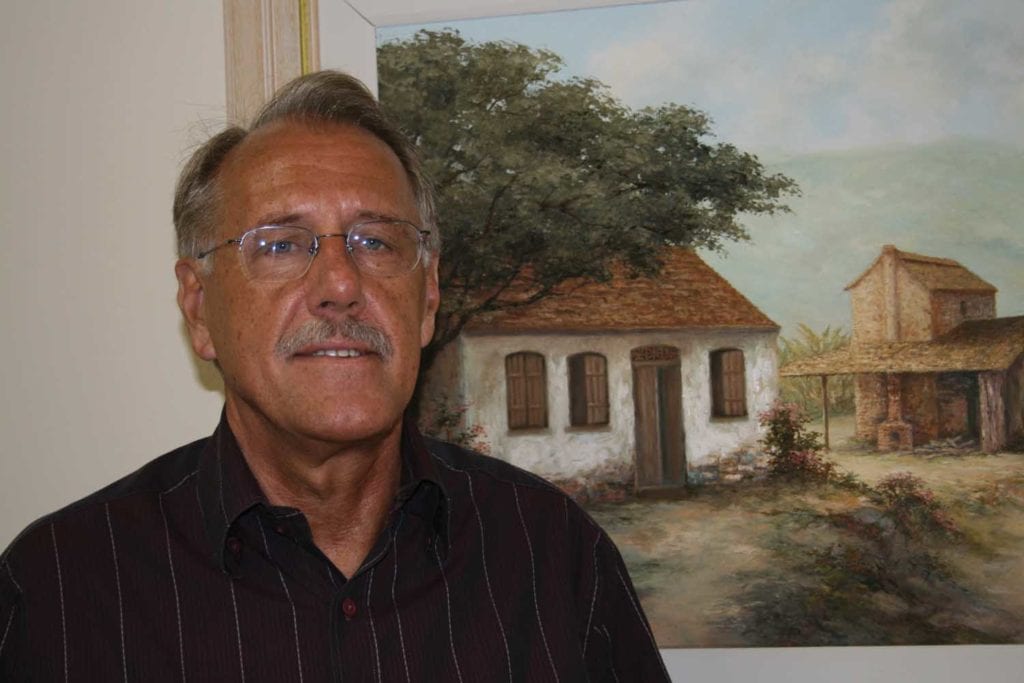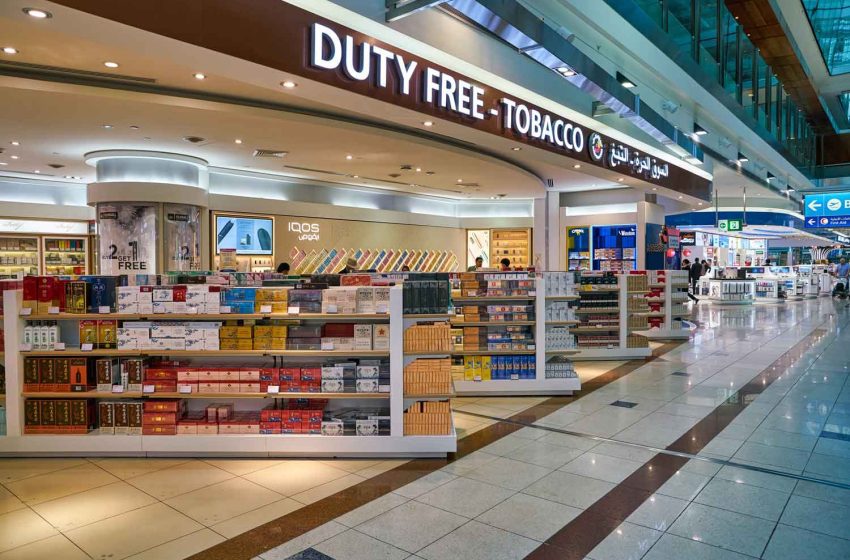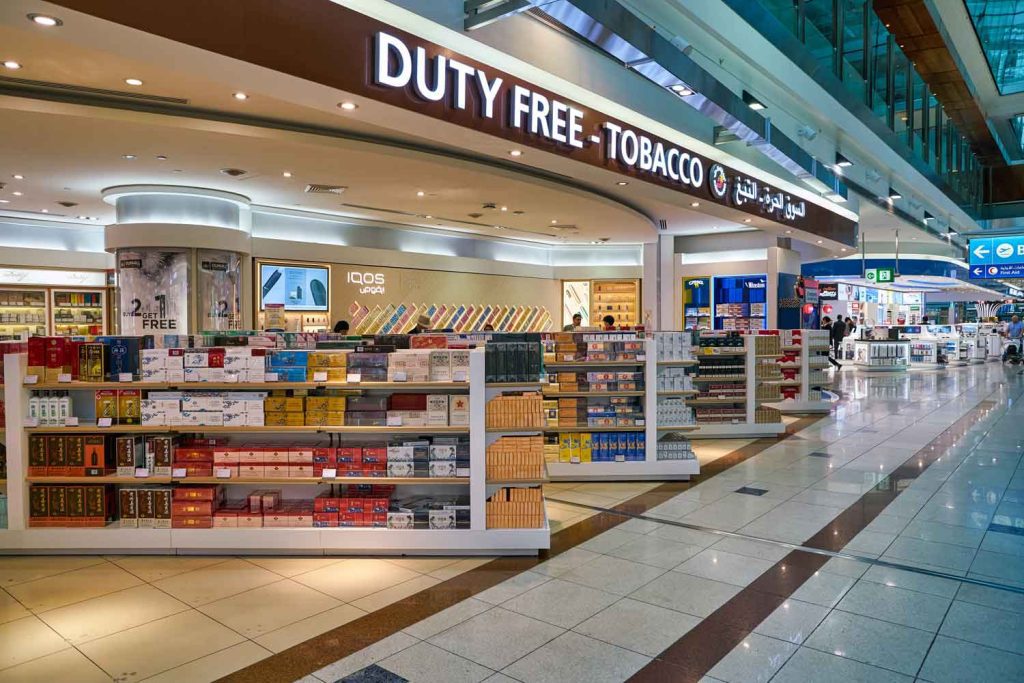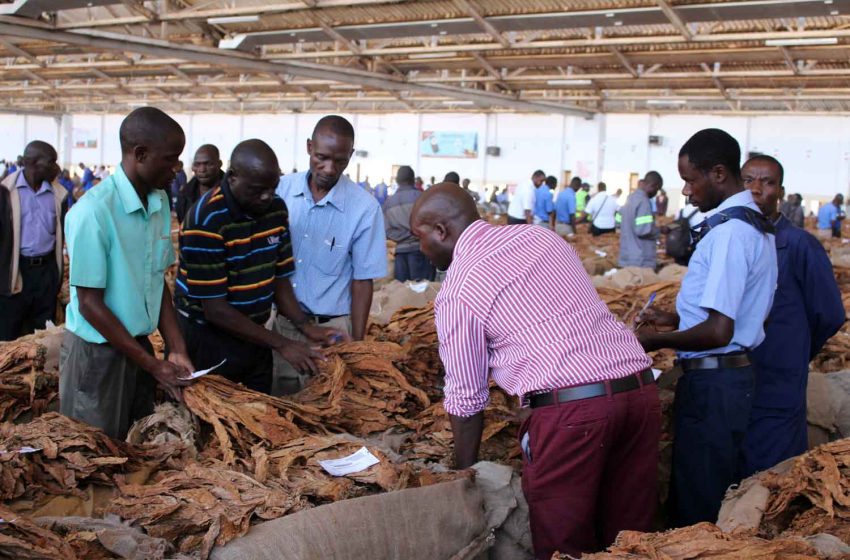The Duty Free World Council (DFWC) and Tax Free World Association (TFWA), the representative organizations for the global duty- and tax-free industry, have welcomed the first cohort of duty- and tax-free retailers signing a new zero-tolerance declaration on illicit trade, counterfeiting and intellectual property theft. The declaration has been created as the next step of the Duty Free: Trusted, Transparent, Secure campaign, which was previously jointly launched by DFWC and TFWA in June 2022.
Duty- and tax-free retailers, ARI, Dubai Duty Free, Dufry, Gebr. Heinemann, Lagardère Travel Retail, and Qatar Duty Free are the first to sign this initiative, with more retailers expected to join in the near future.
The initial signatories of this initiative collectively account for approximately $25 billion of travel retail sales (2019) and rank amongst the largest and most successful duty- and tax-free retailers in the world.
A significant number of major brand owners have also made clear their willingness to make the same commitment, and a separate announcement on brand owner support will be made in the near future.
By signing this declaration, retailers commit to a zero-tolerance approach to illicit trade within their own organization. They are also requesting their suppliers follow suit with a clear anti illicit trade policy. This builds on the commitments already made by a number of duty- and tax-free retailers through the UN Global Compact.
This commitment will be a key tool to demonstrate a united front and will further demonstrate that the duty- and tax-free industry is in no way associated with the growing problem of illicit goods fraudulently labelled as duty-free.
Marking the launch of the declaration DFWC President, Sarah Branquinho, thanked the initial signatories for their strong support and encouraged others to follow their example.
“There is no place in our industry for companies that engage in illicit trade,” she said in a statement. “Illicit trade in all its forms causes substantial societal harm, and costs our industry significant lost sales opportunities. It can also cause our industry reputational harm when illicit or counterfeit goods are fraudulently mislabeled as ‘duty-free’ in an attempt to lend authenticity to the product. Ultimately, consumers should be aware that when they purchase goods labelled as duty-free outside of a licensed duty-free retailer, it is very likely to be a counterfeit product.
“Our industry already boasts one of the most transparent, trusted and secure supply chains in the world. We are proud of our industry’s credentials and commit to maintaining these high standards.
“Today, some of the major players in our industry are making clear their ongoing stance against illicit trade and will be encouraging their suppliers to follow suit. There can be no room for doubt—the duty- and tax-free industry has zero tolerance for illicit trade in all its forms. We want to send a clear message worldwide – when you shop in a duty-free shop, you can do so with complete confidence!
“Our announcement today builds upon the decades of trust that we have built up with our customers, governments, customs authorities, and industry partners. DFWC, TFWA and the initial signatories are keen to grow the momentum behind this initiative and are confident the industry will be fully behind it.”
